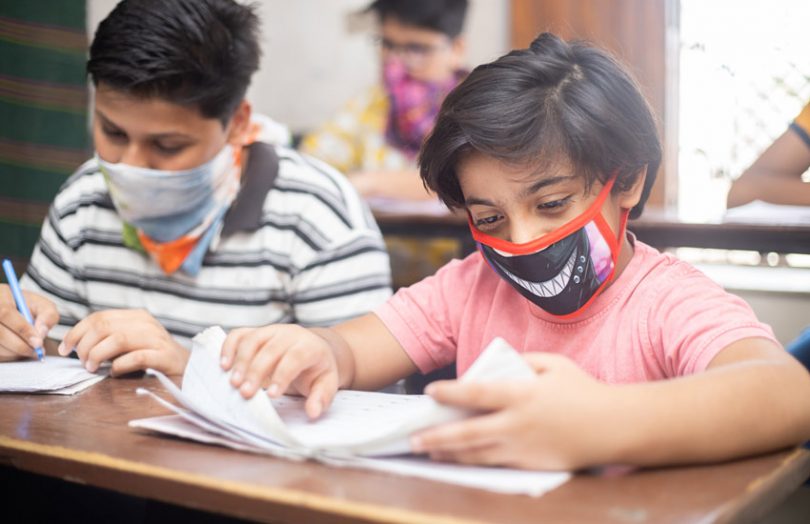Last month, the Indian state of Maharashtra’s State Board of Skill Development announced it partnered with LegitDoc, an Indian blockchain startup, to issue educational certificates.
India is particularly susceptible to document forgery because of its dependence on paper-based documentation. These are easy to duplicate and carry the risk of being lost or spoiled.
Paper documents also often take several weeks to authenticate since manual verification can only be carried out by the document issuer. Once issued, the storage and filing of paper documents also create additional costs and inefficiencies.
LegitDoc aims to combat this through its blockchain digital platform, which offers a dual-pronged service that both issues and verifies educational certificates.
Educational institutions in the state can create a document hash, similar to a digital fingerprint, for each pdf that represents a school certificate. No privately identifiable information is discernible from this hash. In this way, the Maharashtra government can ensure that each file is unique, preventing paper certificate forgery. The documents are digital, immutable and instantly verifiable.
The project is powered by the public Ethereum blockchain. It offers added security by moving away from a centralized system that can be hacked. A few years ago, 240,000 student identities were accessed in a security breach that impacted 15 Indian states. Additionally, blockchain will shorten the standard verification process from weeks to a matter of seconds.
A decentralized solution such as blockchain also enables the ownership of the documents to be placed directly with the student, meaning that the information is secure and privacy-centric.
The project is one of the largest blockchain implementations for educational certificates to date, with one million digital diploma certificates issued across eight academic years.
There is potential for a national take-up of the technology, with LegitDoc exploring collaborations with other Indian state governments.
Meanwhile, blockchain applications for educational certificates are gaining rapid traction in the Gulf with a recent investment made by Wa’ed, Saudi Aramco’s entrepreneurship arm. However, a U.S. survey found that signed PDFs were more popular than blockchain verifiable credentials.






